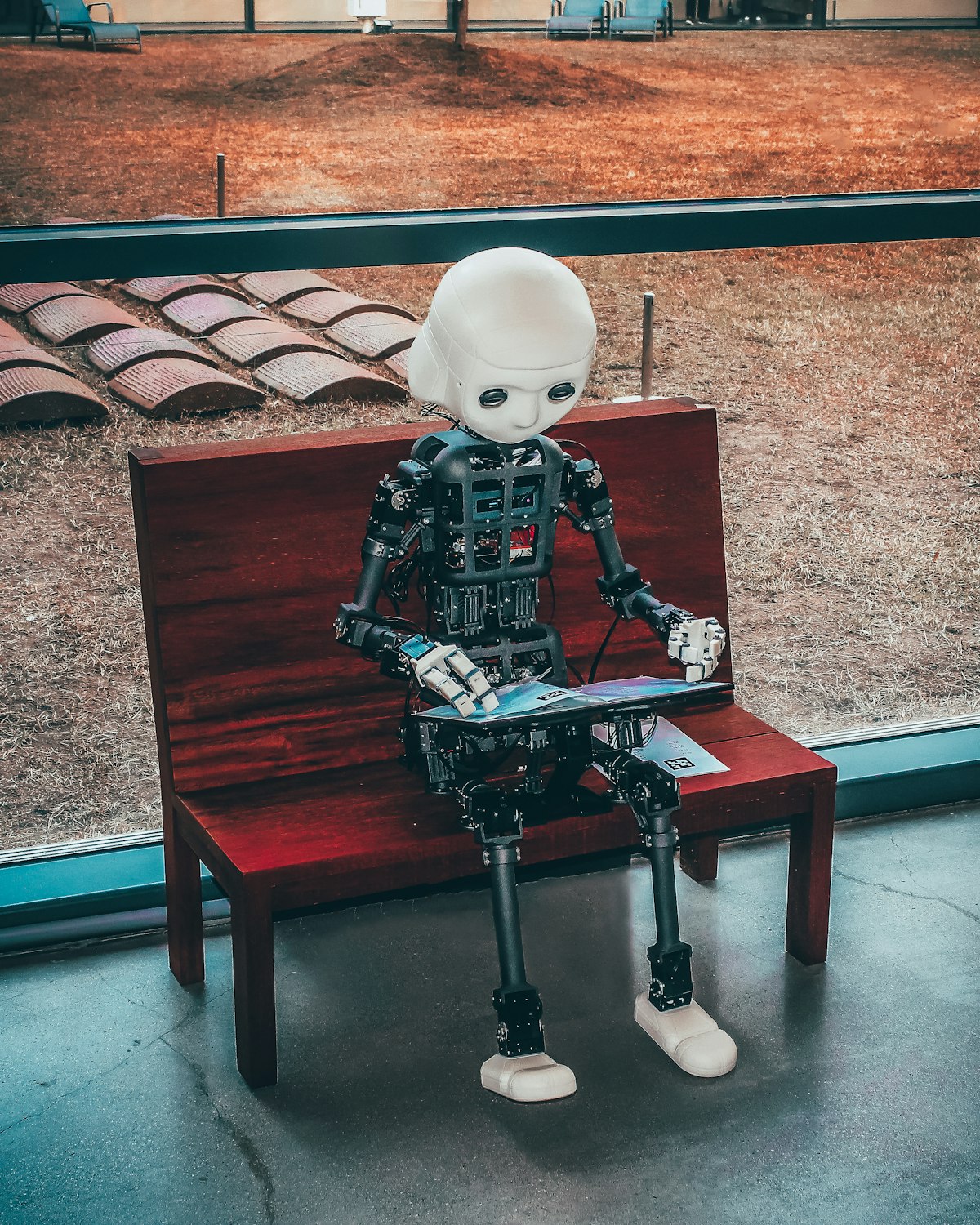1. Introduction
Machine learning, once the stuff of science fiction, has firmly established itself in our lives. From voice assistants that understand our commands to personalized recommendations on streaming platforms, its influence is pervasive. But what lies ahead? Let’s embark on a journey through the exciting world of machine learning and discover the trends and predictions that will shape our future.
2. The Evolution of Machine Learning
Machine learning has come a long way since its inception. Initially, it relied on handcrafted features and algorithms. However, the advent of deep learning changed the game. Deep neural networks now learn features automatically, paving the way for breakthroughs in computer vision, speech recognition, and more.
3. Deep Learning: Unveiling the Black Box
Imagine a world where machines not only make decisions but also explain them. This is the promise of explainable AI, a subset of machine learning. In the future, we can expect models that provide transparent insights into their decision-making processes, making AI more accountable and trustworthy.
4. AI and Healthcare: Saving Lives
The healthcare industry is on the cusp of a revolution. Machine learning algorithms can analyze vast datasets, aiding in disease diagnosis, drug discovery, and treatment personalization. This means quicker diagnoses, more effective treatments, and, ultimately, more lives saved.
5. Machine Learning in Finance: Smart Investments
Investors, rejoice! Machine learning is set to revolutionize the finance sector. Predictive models can analyze market trends, assess risks, and make informed investment decisions in real-time. Get ready for more intelligent and profitable investments.
6. Natural Language Processing: Conversational AI
Conversational AI, driven by natural language processing, is set to become even more lifelike. Chatbots and virtual assistants will understand context, emotions, and nuances in human speech, leading to more engaging and efficient interactions.
7. Ethical Concerns: The Machine Learning Dilemma
As machine learning becomes increasingly intertwined with our lives, ethical concerns loom large. Issues like bias in algorithms, data privacy, and the impact on jobs need careful consideration. Striking the right balance will be paramount.
8. Machine Learning in Everyday Life
From autonomous vehicles to smart homes, machine learning will redefine our daily routines. Expect safer and more convenient living, with technology seamlessly integrated into our lives.
9. The Future Workforce: Man and Machine
The workplace of the future will see humans collaborating with machines. Automation will handle repetitive tasks, while humans focus on creativity and problem-solving. Upskilling will be the key to success in this dynamic landscape.
10. Conclusion
The future of machine learning is filled with promise and potential. As it continues to evolve, it will touch every aspect of our lives, making them more efficient, enjoyable, and safe. Embracing these changes and addressing the challenges will be crucial as we step into this exciting era.
11. FAQs
Q1: What is machine learning, and why is it important?
Machine learning is a subset of artificial intelligence where computers learn from data to make decisions or predictions. It’s important because it enables computers to improve their performance on a task through experience, without being explicitly programmed.
Q2: How is machine learning used in everyday life?
Machine learning is used in everyday life in various ways, from recommendation systems on streaming platforms to fraud detection in banking and even in healthcare for disease diagnosis and treatment recommendations.
Q3: What are the ethical concerns surrounding machine learning?
Ethical concerns in machine learning include bias in algorithms, invasion of privacy through data collection, and the potential impact on jobs as automation becomes more prevalent.
Q4: Will machine learning replace human jobs?
While machine learning and automation will change the job landscape, they won’t necessarily replace all human jobs. Instead, they’ll shift the focus to tasks that require creativity, emotional intelligence, and problem-solving.
Q5: How can individuals prepare for the future of machine learning?
To prepare for the future of machine learning, individuals should focus on continuous learning and upskilling, particularly in areas that complement AI and automation, such as creativity, critical thinking, and adaptability.
In conclusion, the future of machine learning is a fascinating journey into a world where technology and human potential converge. As it continues to evolve, embracing its positive aspects and addressing the challenges will be pivotal in shaping a future where humans and machines work together harmoniously for the betterment of society.










